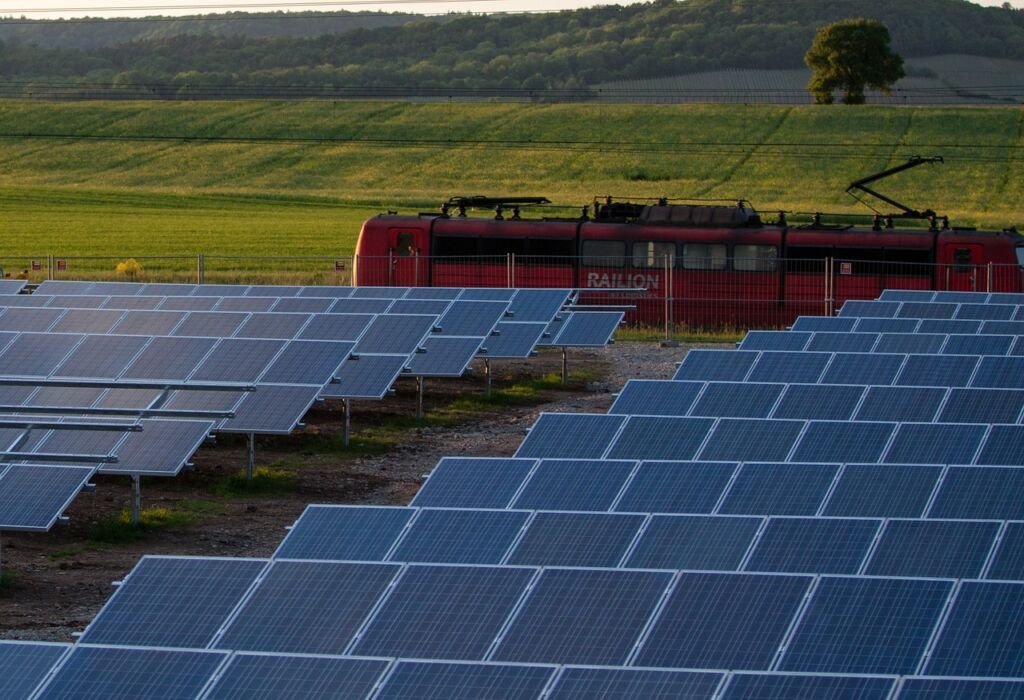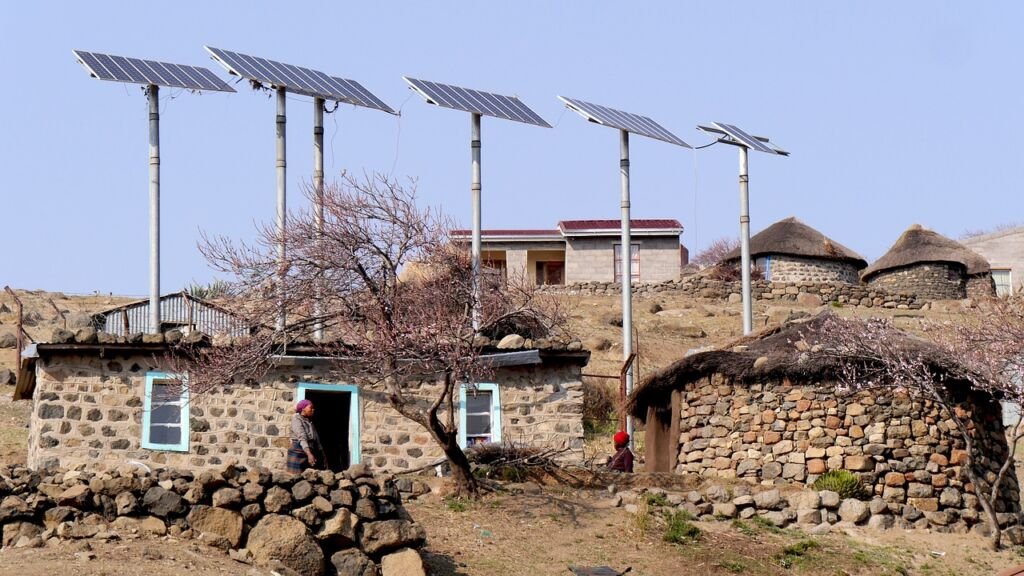Solar energy is a renewable and clean source of energy that has gained popularity in recent years as people become more aware of the impact of traditional energy sources on the environment. In this article, we will explore what solar energy is, how it works, and the benefits it provides.
1. What is Solar Energy?

Solar energy is a renewable and sustainable source of energy that is harnessed from the sun. The energy from the sun is captured using solar panels or other technologies and converted into usable forms of energy, such as electricity, heating, and cooling. Solar energy is abundant, widely available, and has the potential to provide a clean and renewable alternative to traditional energy sources, which are finite and have a negative impact on the environment. Solar energy has many applications, from powering homes and businesses to providing energy for transportation and space exploration.
2. How Solar Panels Work

Solar panels work by capturing sunlight and converting it into electricity through a process known as the photovoltaic effect. The solar panels are made up of photovoltaic cells, which are made of silicon and other materials that are capable of generating electricity when exposed to sunlight.
When sunlight hits the photovoltaic cells, it excites the electrons in the silicon, causing them to move and create an electric current. The electric current is then directed to an inverter, which converts the direct current (DC) electricity into alternating current (AC) electricity that can be used to power homes, businesses, and other applications.
Solar panels are designed to be placed in areas that receive ample sunlight, such as rooftops or open fields. The amount of electricity generated by a solar panel depends on several factors, including the amount of sunlight received, the angle and orientation of the panel, and the efficiency of the photovoltaic cells.
Overall, solar panels provide a clean and renewable source of energy that can help reduce our dependence on traditional energy sources and contribute to a more sustainable future.
3. Advantages of Solar Energy

- Renewable: Solar energy is a renewable and sustainable source of energy that is freely available and can be harnessed anywhere in the world.
- Environmentally friendly: Solar energy does not produce greenhouse gas emissions or other harmful pollutants, unlike traditional energy sources like coal, oil, and gas.
- Cost-effective: The cost of solar panels has decreased significantly in recent years, making solar energy more affordable than ever before. In many cases, solar energy is cheaper than traditional energy sources.
- Energy independence: By using solar energy, individuals and businesses can become less dependent on traditional energy sources, reducing their reliance on fossil fuels and increasing their energy independence.
- Low maintenance: Solar panels require very little maintenance, and their lifespan can be up to 25 years or more, making them a cost-effective and reliable source of energy.
- Increased property value: Homes and businesses equipped with solar panels have been shown to have higher property values, making them a good investment for property owners.
- Reliable: Solar energy is a reliable source of energy, even during power outages or natural disasters, as long as there is sufficient sunlight.
4. Applications of Solar Energy

- Electricity generation: Solar panels can be used to generate electricity, which can be used to power homes, businesses, and other applications.
- Heating and cooling: Solar energy can be used to heat or cool buildings through the use of passive solar design, which involves using the sun’s energy to regulate temperature.
- Water heating: Solar energy can be used to heat water, which can be used for domestic or industrial purposes.
- Transportation: Solar energy can be used to power electric vehicles or to provide energy for charging stations.
- Agriculture: Solar energy can be used to power irrigation systems, or to provide energy for agricultural applications such as drying crops.
- Remote areas: Solar energy can be used to provide power to remote areas that are not connected to the grid, such as off-grid homes or remote villages.
- Space exploration: Solar energy is used to power satellites and space exploration vehicles.
5. Future of Solar Energy

- Increasing efficiency: Researchers are continually working on ways to improve the efficiency of solar panels, which could lead to more cost-effective and widespread use of solar energy.
- Storage solutions: Energy storage solutions, such as batteries, are becoming more advanced and affordable, which could help solve the problem of intermittent solar energy production.
- Integration with smart grids: Solar energy can be integrated into smart grids, which can help manage energy production and consumption more efficiently, leading to a more sustainable and reliable energy system.
- Technological advancements: Advances in technology, such as thin-film solar cells and perovskite solar cells, have the potential to make solar energy even more cost-effective and accessible.
- Government incentives: Many governments are offering incentives for the adoption of solar energy, such as tax credits and subsidies, which could encourage more widespread use of solar energy.
Overall, the future of solar energy looks bright, as the technology continues to improve and become more affordable, making it an increasingly attractive option for energy production.
Solar energy is a clean and renewable source of energy that has the potential to transform the way we produce and consume energy. By harnessing the power of the sun, we can reduce our dependence on traditional energy sources and help protect the environment. Hopefully, this article has provided you with a better understanding of what solar energy is, how it works, and the benefits it provides.
